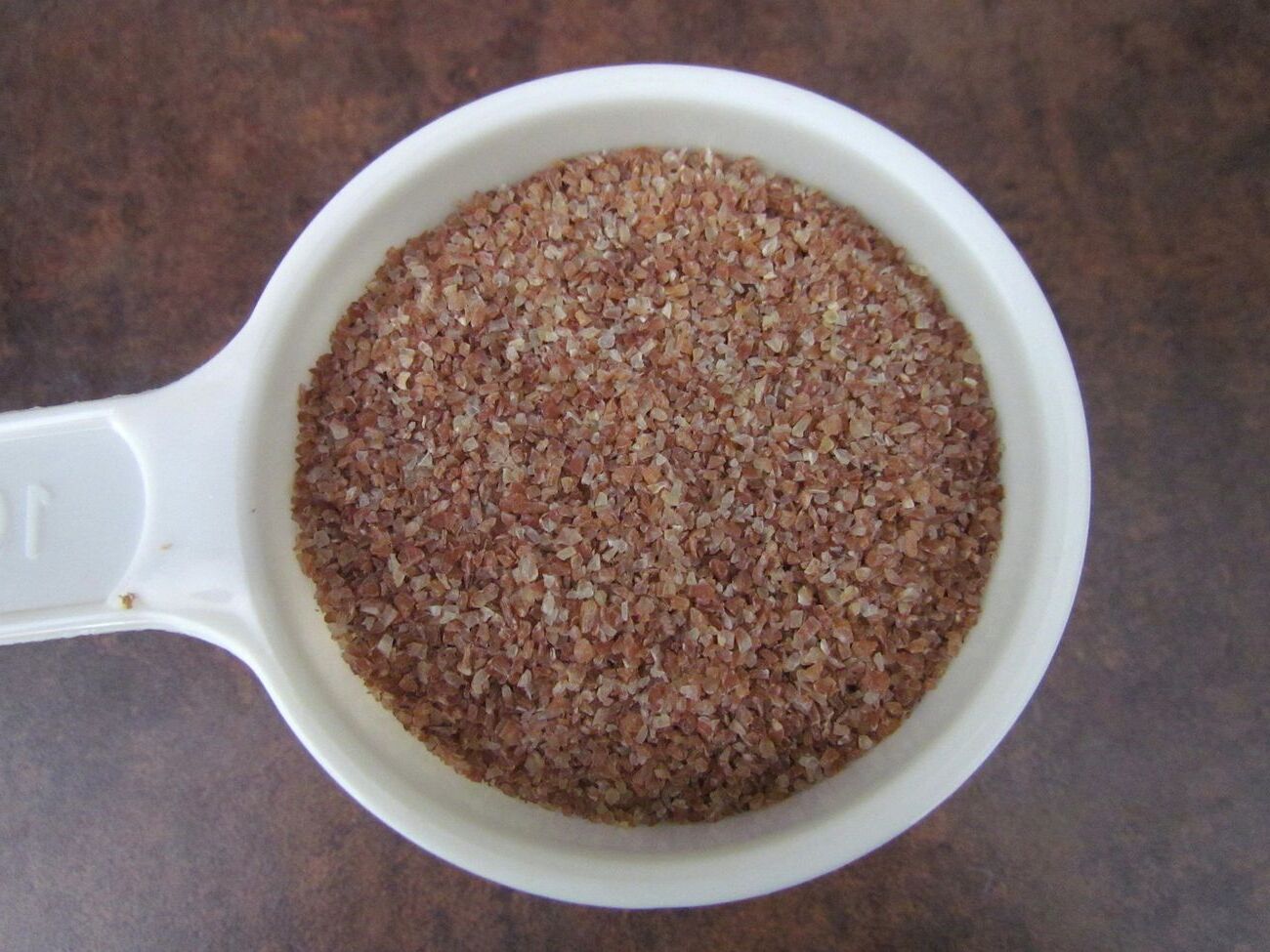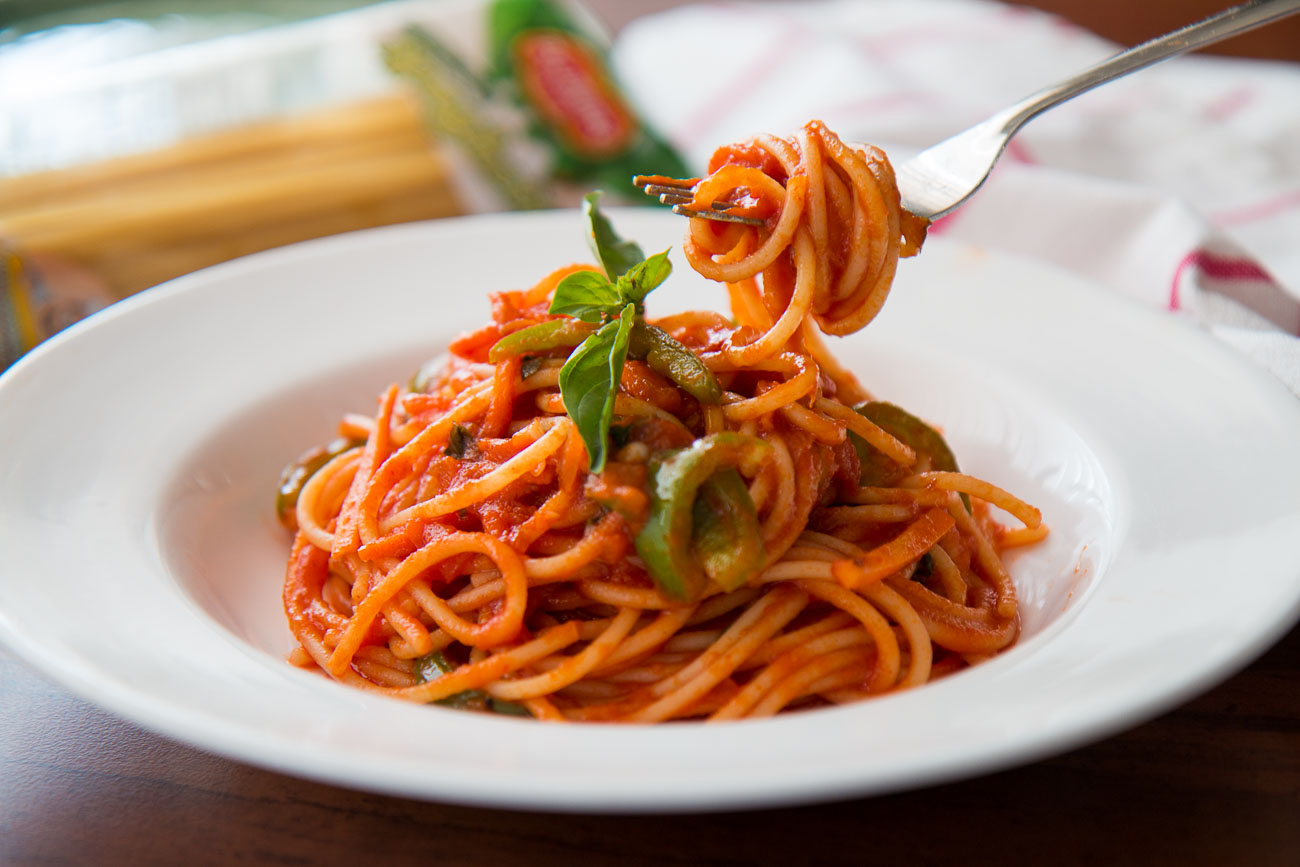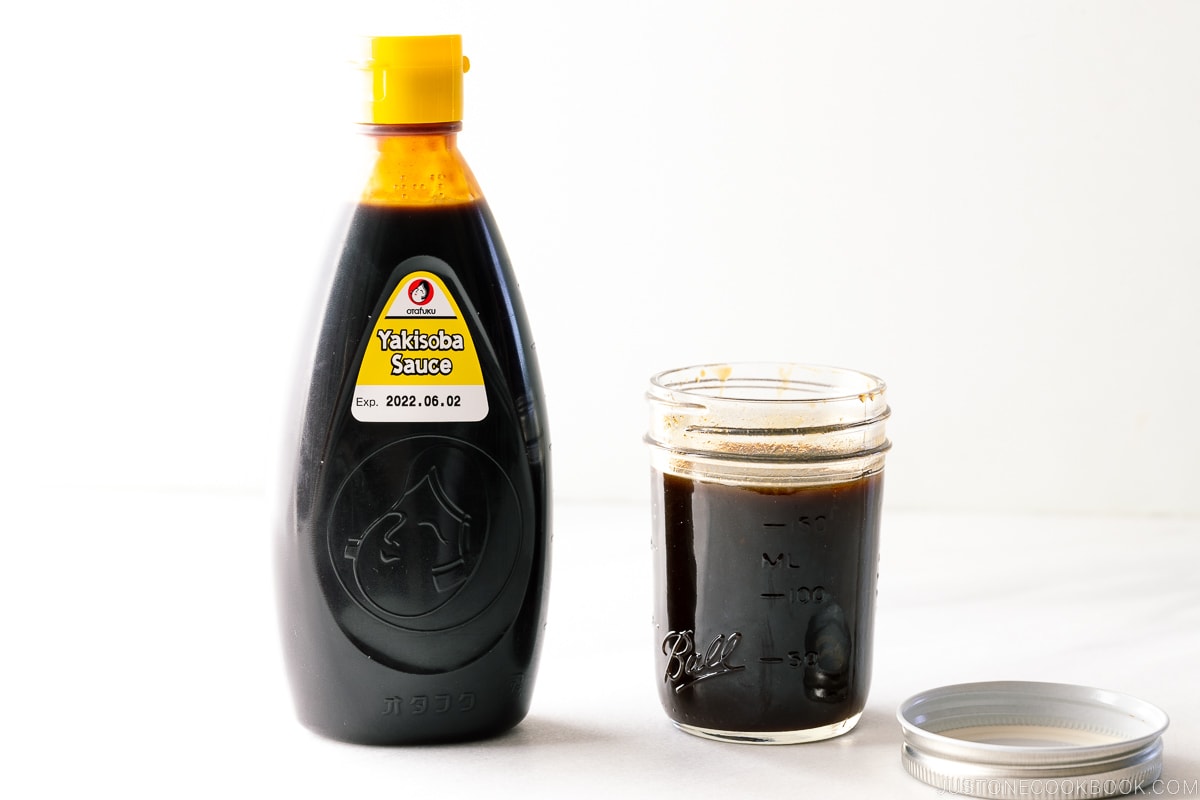Looking for a Substitute for Thyme?
Thyme is a popular herb known for its earthy, slightly minty flavor and is commonly used in a variety of dishes, including soups, stews, and roasted meats. However, if you find yourself in a situation where you don’t have thyme on hand, there are several substitutes that can help you achieve a similar flavor profile in your cooking.
1. Rosemary
Rosemary is a versatile herb that can be used as a substitute for thyme in many dishes. It has a slightly pine-like flavor with a hint of lemon, which can complement a wide range of savory dishes. When using rosemary as a substitute for thyme, keep in mind that it has a stronger flavor, so it’s best to use it in smaller quantities.
2. Oregano
Oregano is another herb that can be used as a substitute for thyme, especially in Mediterranean and Italian dishes. It has a robust, slightly peppery flavor that can add depth to soups, sauces, and roasted vegetables. When using oregano as a substitute, start with a smaller amount and adjust to taste, as it can be quite potent.
3. Marjoram
Marjoram is a close relative of oregano and has a similar flavor profile, with a slightly sweeter and more delicate taste. It can be used as a substitute for thyme in recipes where a milder herb flavor is desired. Marjoram works well in dishes like poultry, stuffing, and tomato-based sauces.
4. Savory
Savory is an herb with a peppery, slightly minty flavor that can be used as a substitute for thyme in a variety of dishes. It pairs well with beans, lentils, and root vegetables, and can add a savory depth to soups and stews. When using savory as a substitute, start with a small amount and adjust to taste, as it can have a strong flavor.
5. Herbes de Provence
Herbes de Provence is a blend of dried herbs commonly used in French cooking, which may include thyme, rosemary, oregano, and marjoram, among others. This blend can be used as a convenient substitute for thyme, especially in recipes that call for a combination of herbs. It can add a complex, aromatic flavor to dishes like roasted meats, vegetables, and stews.
While these substitutes can help you achieve a similar flavor profile to thyme in your cooking, it’s important to keep in mind that each herb has its own unique characteristics. Experimenting with different herbs and adjusting the quantities to suit your taste preferences can lead to delicious and creative culinary creations.
Next time you find yourself without thyme, don’t fret – reach for one of these flavorful substitutes and let your culinary creativity shine!
Was this page helpful?
Read Next: What Is A Substitute For Rice Vinegar?











